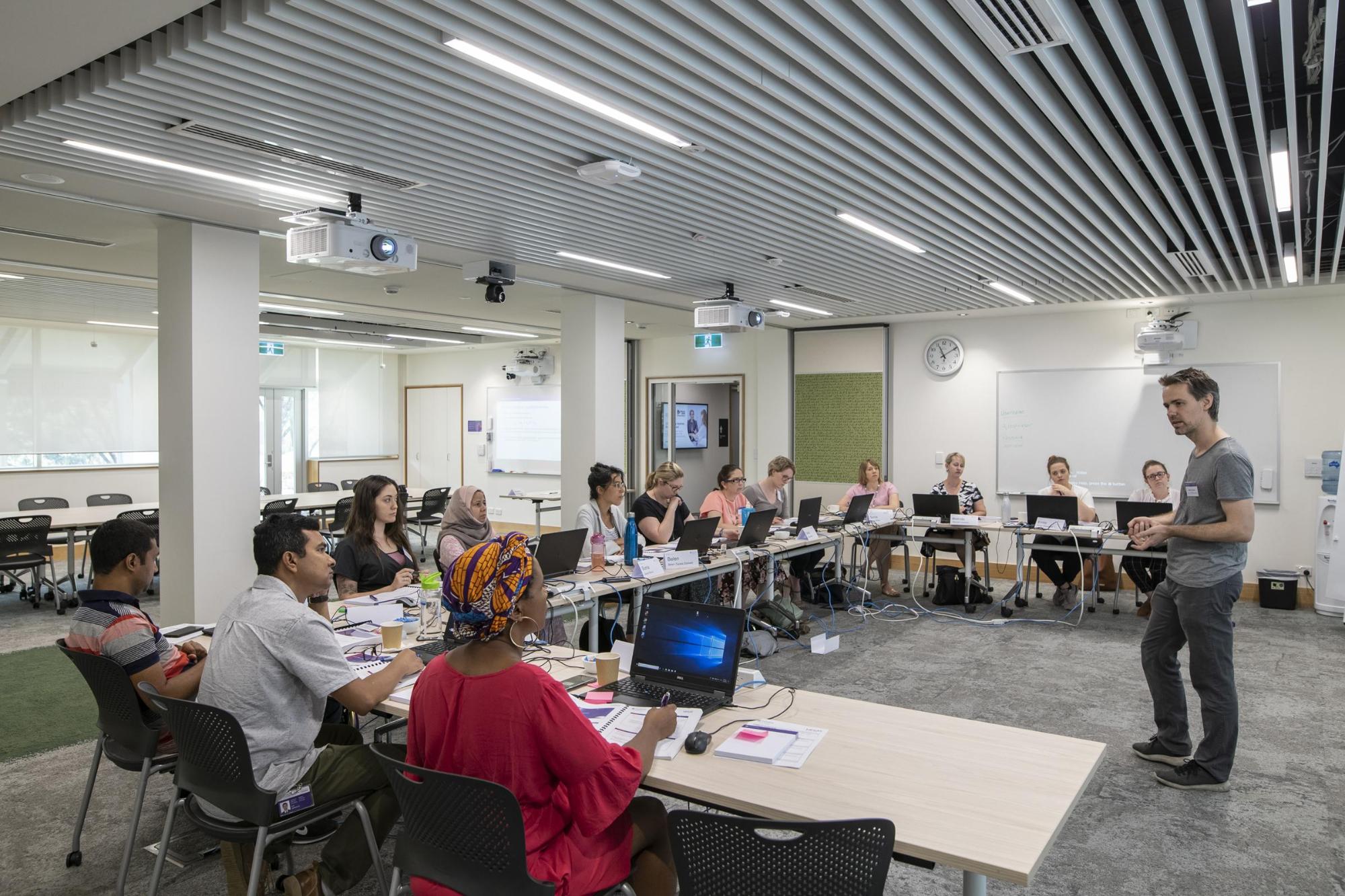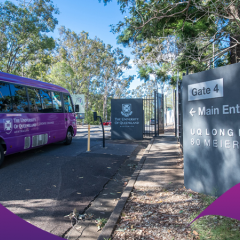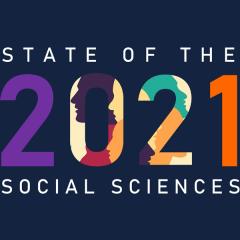 ISSR aims to provide training opportunities for government, academic and industry professionals interested in using research methods and evidence based approaches to support the design, implementation and evaluation of research projects, policy and programs.
ISSR aims to provide training opportunities for government, academic and industry professionals interested in using research methods and evidence based approaches to support the design, implementation and evaluation of research projects, policy and programs.
Methods for Social Analysis and Statistics
ISSR’s popular Methods for Social Analysis and Statistics short courses are available to both groups and individuals. For groups, the course content can be customised to meet your research training needs, and potentially include working on your research problems and data. Group courses can be held at your location or at ISSR. To discuss group training options please contact issr.education@uq.edu.au.
- ISSR’s one-day introductory Program Evaluation Course (2 April 2020 and 12 November 2020) is a popular entry point for people wanting to understand key evaluation concepts and techniques—it will provide you with the foundation skills required to conduct and commission program evaluations.
- The Gathering Qualitative Data Course (12 – 13 May 2020 and 4 – 5 November 2020) enables participants to understand the results from administrative or survey data by investigating these findings in more depth through qualitative methods. It will cover skills to gather data from stakeholders through interviews, focus groups or visual methods in order to make evidence-informed decisions and ensure that surveys provide valid and reliable data.
- Introduction to Longitudinal Data Analysis and Panel Regression Models (20 – 21 May 2020) is a two-day course that provides participants with a thorough understanding of the structure, properties and uses of quantitative longitudinal survey datasets, as well the skills to confidently manage and analyse these.
- Modelling change and event occurrence (3-4 June 2020) introduces participants to methods for analysing individual change over time and event occurrence. Theoretical material is combined with examples of applied research using these methods as well as hands-on sessions using Stata software and data from the Longitudinal Study of Australian Children (LSAC).
- Our Social Cost-Benefit Analysis Course (10 – 12 June 2020 and 25 – 27 November 2020) provides participants with a working knowledge of Cost-Benefit Analysis (CBA). During this three-day course, you will learn about the role of CBA in public sector decision-making and develop the essential skills to apply CBA processes and methods.
- The three-day Essential Social Analysis Skills Course (24 - 26 June 2020 and 28 - 30 October 2020) is ideal for people who need to analyse numeric social data or those who need to read and understand research conducted by others. Focusing on intermediate statistical techniques, it is recommended if you are familiar with the basics and want to deepen your knowledge.
- Our five-day intensive Longitudinal Data Analysis Training (7 – 11 December 2020) has been specifically designed to develop specialist knowledge in the structure, management and analytic methods for longitudinal data. The course deep-dives into topics that are pivotal if you or your organisation want to use longitudinal data for research and decision-making.
Data Science Training for Public Managers
Data Science Training for Public Managers (Brisbane: 9 March 2020 and Canberra: 12 March 2020) is a one-day seminar hosted by the Institute for Social Science Research, University of Queensland. International experts will equip participants with the knowledge to identify public problems that can be addressed using data science and formulate a project proposal.
The program is restricted to Government agency Directors and Senior Managers. Topics covered include problem identification and feasibility analysis, methodology (such as goals, type of data and analysis) and ethical data management (including privacy, transparency, social license and consent).
Advanced Indigenous Development Approaches
The three-day Advanced Indigenous Development Approaches intensive short course will support staff working in Indigenous Affairs and Social Services to build their proficiency to work developmentally. Participants will develop skills in place-based approaches, locally-led decision making, frontline leadership, institutional brokering, and adapting to complexity.
This course is currently only available for custom delivery of groups of 10 participants or more. Please email us to discuss your options further.



